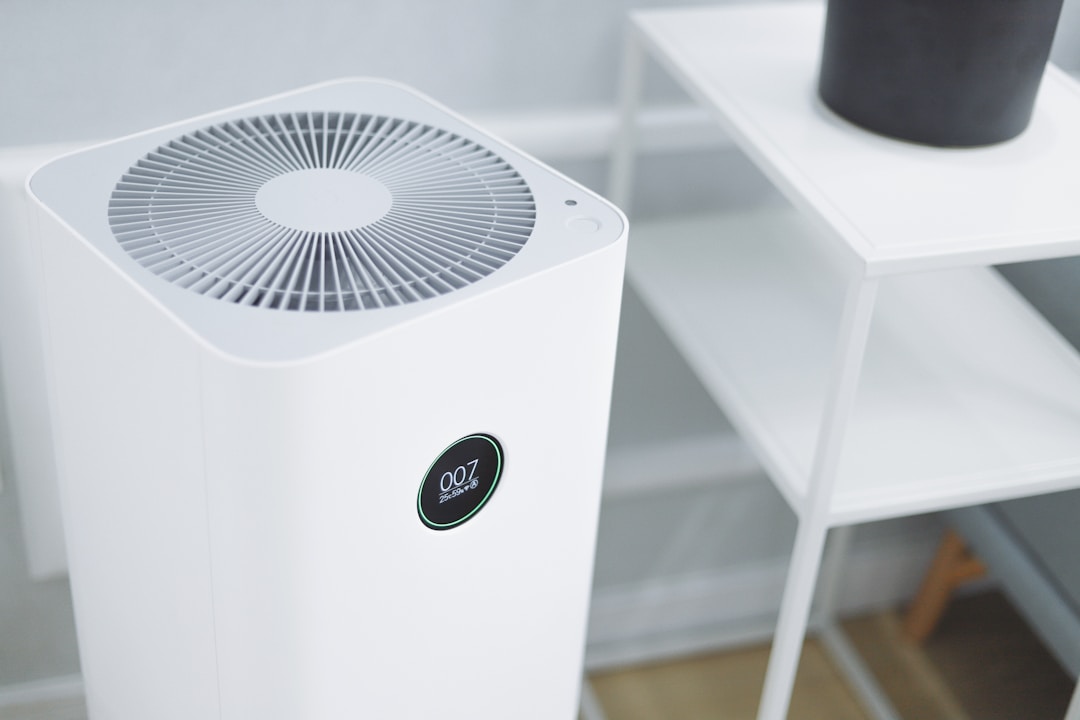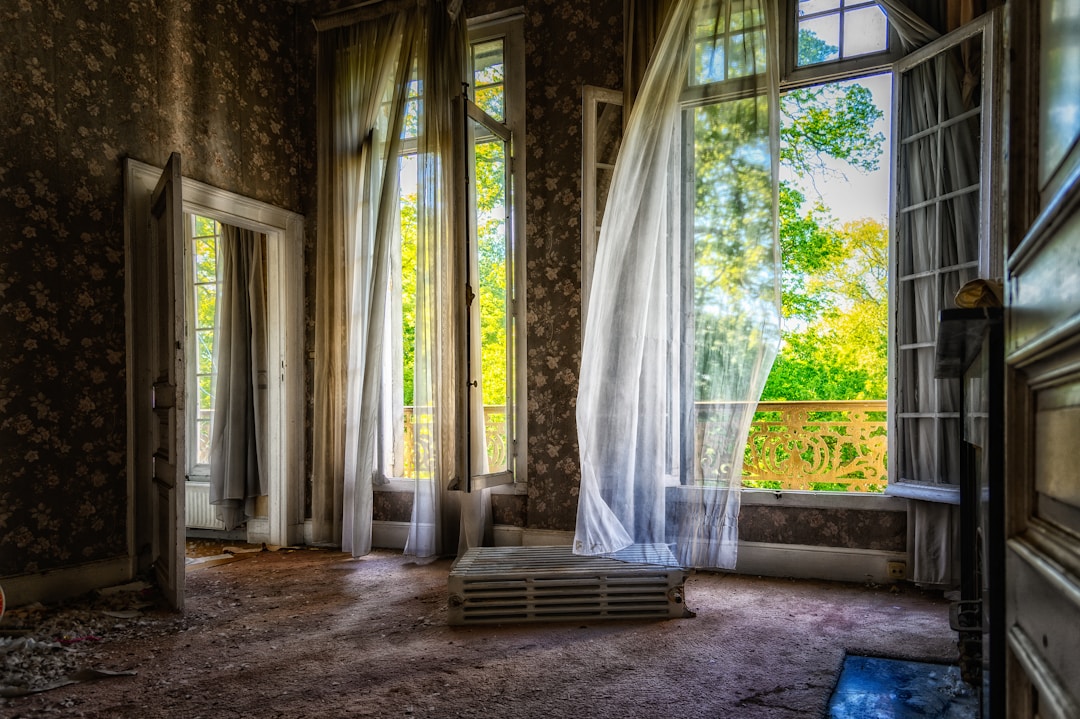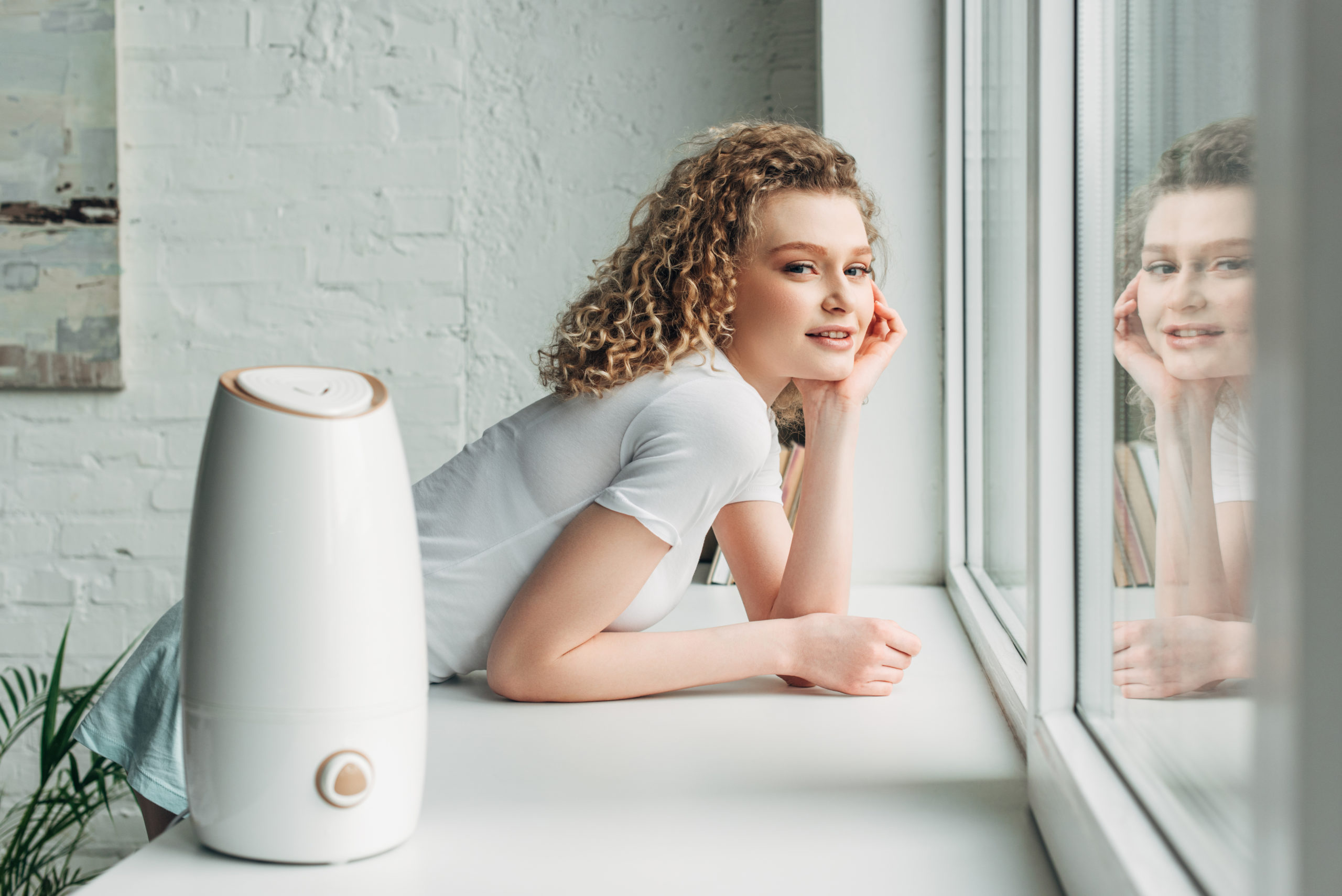After the past two years, many people are wondering whether or not they can do more to make their homes safe. One factor that is often neglected is indoor air quality. Considering how seriously your indoor air quality can affect your comfort and overall health, it’s essential that you prioritize keeping the air in your home clean and free of harmful contaminants. It can be difficult to know what to do to make a difference, especially for first-time homeowners. If you want to be more proactive about improving the air quality in your home, read on for the best advice on buying a good air purifying system.
Why should you invest in a good air purifying system?

There are several reasons why investing in a good air purifying system is a good idea for homeowners. Believe it or not, your air purifying system has a real effect on your quality of life. Proper air purification can provide noticeable benefits including better sleep, improved breathing, reduced presence of allergens, and fewer unpleasant odors. Air purifiers can also reduce the load on your HVAC system and help it perform more efficiently, which can in turn lower your energy bills.
You should look for a purification system that uses high-efficiency particulate air (HEPA) filters and is powerful enough for the size of your indoor space. A technician can give you an idea of what the best air quality solutions are for your home. Consider placing portable air purifiers in high-traffic areas like the kitchen, living room, and bedroom.
Poor indoor air quality or prolonged exposure to polluted air can also have a serious negative impact on your health. Poor air quality has been connected to heart and lung problems, including emphysema, coronary artery disease, respiratory infections, stroke, and even certain types of cancer. Pregnant women can be particularly vulnerable to air pollution, as it can increase the risk of birth defects. It also has been known to exacerbate conditions like asthma, chronic obstructive pulmonary disease (COPD), cardiovascular disease, and diabetes.
What else can you do to improve your indoor air quality?

Improving your home’s air purification system is essential if you want to keep the indoor air clean and safe to breathe, but there are a lot of other things you can do, too. One household task that should always be a priority is HVAC system maintenance. Your HVAC system is often your first and best line of defense against pollutants in the air in your home. You should make sure the filter is changed regularly; experts recommend at least once every 90 days. You should also have the unit inspected biannually.
Even simple lifestyle adjustments can be useful. Cleaning more frequently, for example, can help a lot. Experts recommend vacuuming at least once or twice a week, as well as laundering items like area rugs or long drapes more frequently. They have a tendency to trap contaminants like dust and pet dander, which can lower your air quality and be a source of discomfort for allergy sufferers. If you live in an area with safe outdoor air, you can also open your windows more frequently. More fresh air is always beneficial.
Indoor air quality is complex and affected by many factors, but the benefits of living somewhere with clean air to breathe are significant. Your sleep, ability to breathe, allergies, and many more parts of your health and comfort can be affected by the presence of polluted air in your home. Fortunately, simple solutions like upgrading your air purification system, cleaning more frequently, and taking care of HVAC maintenance can make a big difference. The negative impact of living with air pollution or poor indoor air quality can be severe, which is why it’s necessary to come up with a plan to make sure your indoor air is safe to breathe.

